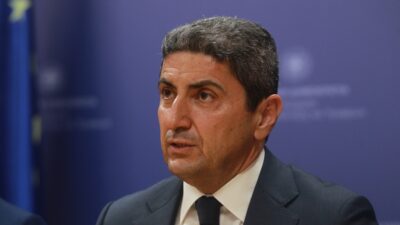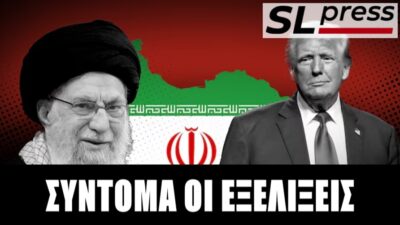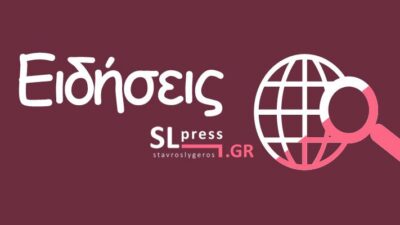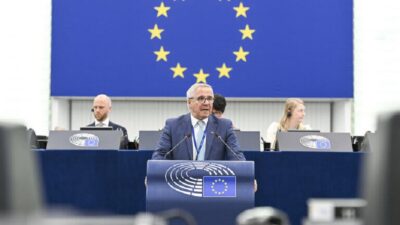A Wolf Crying Wolf
27/06/2017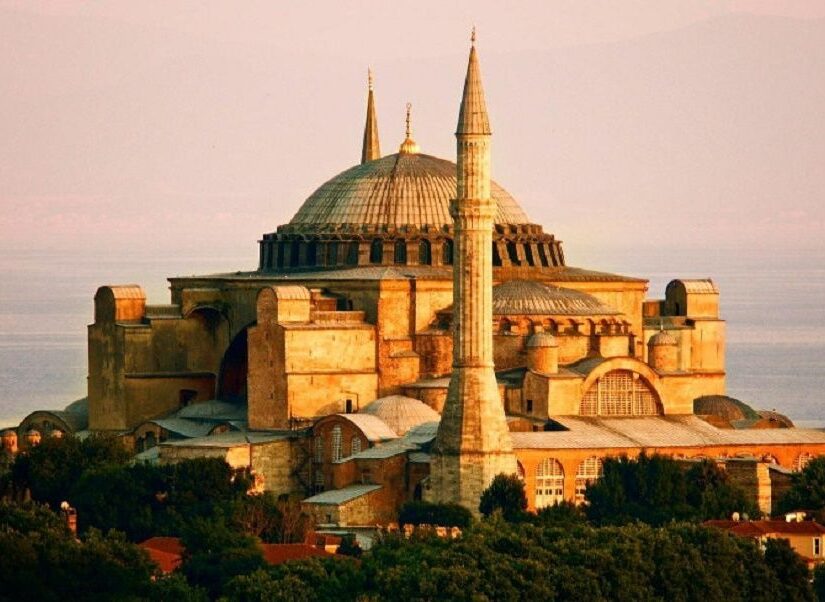
George Kaklikis *
It’s nothing out of the ordinary for Turkey to take and promulgate a distorted view of what’s happening beyond its borders. The Turkish foreign ministry rebuked Greece for its statements regarding the recitation of extracts from the Koran at the Hagia Sophia museum. It has repeatedly taken a similar tone in the past, most recently in instructing the president of the Hellenic Republic in the finer points of international law.
This time, it “condemned” the reaction from Greece, “whose history in matters of religious freedom – a fundamental human right – is well known.” As a habitual violator of such rights, Turkey often employs the base tactic of accusing its victims, or third parties, of the very misdeeds it commits in its own home.
Dark past
Ankara’s systematic attempts to whitewash its transgressions are in vain. One need only consider how many western parliaments have passed resolutions condemning the wholesale and planned eradication of non-Turkish populations from Asia Minor.
And consider how Turkey has excelled in the field of religious oppression. It has the sad distinction of having hanged an Ecumenical Patriarch and of having allowed a mob to “administer justice” by lynching the Bishop of Smyrna.
Isn’t it true that, in 1924 and 1925, the pseudo-patriarch Papa Eftim Erenerol – “invented” by Ankara – and his supporters seized four Orthodox churches in the Galata neighborhood of Istanbul?
Isn’t it true that, in 1925, the Turkish authorities arrested and deported another Ecumenical Patriarch, Constantine VI, characterizing him as exchangeable? And this was in spite of the contrary decision of the Mixed Commission (The Mixed Commission for the Exchange of Greek and Turkish Population was set up following the signing, in 1923, of the Treaty of Lausanne).
Can the Turkish authorities accuse anyone else of arresting and deporting high-ranking religious officials of other faiths, as Turkey did in 1942 with the Bishops Maximos of Chalcedon and Iakovos of Imbros and Tenedos?
Ankara officials who accuse Greece of failing to respect religious rights and freedoms would do well to study their uncensored history, learn their lesson and abandon the policies that have indelibly stained the image of their country. The 1955 pogrom against the Greek Orthodox citizens of Istanbul speaks volumes for the Turkish state’s notorious record, consistently executed by expertly manipulated mobs.
Six churches were completely destroyed, Chryssanthos Manias, a priest at the Baloukli Monastery, was burned alive. A Bishop, Gerasimos, and a Deacon, Evangelos, were only injured, and the sarcophagi of the Patriarchs, on the premises of the Baloukli Monastery, were dug up, their contents scattered. And ten years later, in 1965, a joint committee from Turkey’s Directorate General for Foundations and the Ministries of Finance and Foreign affairs interrupted the Divine Liturgy at the Ecumenical Patriarchate’s Church of St. George to carry out a financial audit.
No scruple
Turkey’s violations of religious rights don’t end there. In 1971, a ruling from the Turkish Constitutional Court forced the Halki Seminary to shut down, effectively threatening the oldest institution in operation in Turkey, the Ecumenical Patriarchate, with extinction. Turkish law requires that Ecumenical Patriarchs be Turkish by birth – thus the serious implications of closing the country’s only seminary
This grievous treatment of religious rights and freedoms continued in 1972, with the Turkish state’s unprecedented interference in the election of an Ecumenical Patriarch, on the grounds that the election process was in need of modernization! Then, to ensure a seamless series of violations of the fundamental principles of religious freedom, Ankara brought back the ban on travel outside Turkey for Orthodox clerics.
So it was that Metropolitan Meliton (Hatzis) of Chalcedon was unable to represent the Ecumenical Patriarch at the enthronement of the Archbishop of Canterbury in 1975.
And the ban continued. First, the Metropolitans of Philadelphia and Melitene were prevented from leaving the country and, later, the Turkish authorities refused to issue passports to high-ranking clerics; just like under authoritarian regimes.
The history of the Turkish state’s restriction and violation of religious rights and freedoms is long and marked by countless deplorable incidents.
Consulting the chronicle of these machinations, one also learns, for example, of the student demonstrations and chants against the Ecumenical Patriarchate in 1977; of the theft, desecration and vandalism visited on cemeteries and places of worship; the list is non-exhaustive…
Since Ismet Pasha’s signing of the Treaty of Lausanne, his country has maintained a markedly negative stance against the Ecumenical Patriarchate and its personnel in Istanbul, Imbros and Tenedos, including through the confiscation of churches and properties that had been donated to the Patriarchate.
Wolf!
Not a single one of the three hundred mosques frequented by the Muslim minority in Thrace has even slightly been challenged. The local Muftis perform judicial as well as religious duties. In fact, they constitute a unique exception in Europe, in that on certain issues – and unlike in Turkey itself – Sharia law is implemented. The Muslim religion is not persecuted in Thrace, and nor are its practitioners – not even those who, serving foreign interests, impinge on the legally recognized religious authorities.
Turkey should have the prudence not to cry wolf. If its shouts are heeded at all, it will be only at home, where the historical narrative is centrally dictated and closely controlled. To western ears, Ankara’s attempts to shift blame sound hollow, childish.
There may have been times – moments, really – of respite for the Ecumenical Patriarchate, its clergy and its flock. But these interludes cannot expunge the many dark pages Ankara has written with its own hand over the centuries.
* Ambassador ad honorem

